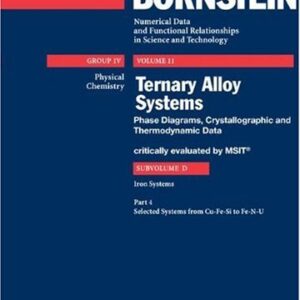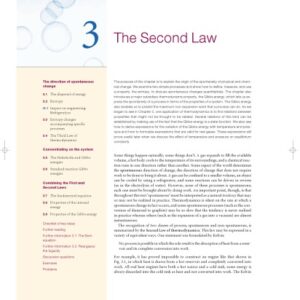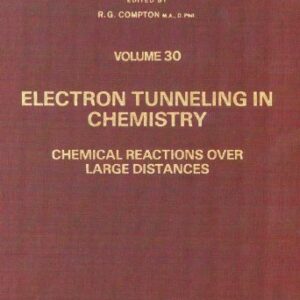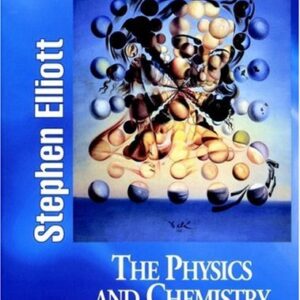The permutation group has gained prominence in the fundamental research in diverse areas of physics and chemistry. Covering all salient developments of the last few years in a single symposium would require weeks, legions of participants and parallel sessions, highlighting the differences in language and communication problems between pure mathematicians, high and low energy physicists and chemists. The symposium held July 1978 at the Centre of Interdisciplinary Studies of the University of Bielefeld focussed on a small area, the pertinence of the permutation group in chemical physics, with the goal to increase and generate a fruitful dialogue between mathe? maticians and chemists. In chemistry, concerned with the electronic and geometric structure of molecules as well as elementary chemical reactions, i.e. rearrangements in these structures, the permutation group has its relevance, since with its representations the effects and consequences of exchanging indistin? guishable particles, electrons and identical nuclei, can be systematized and classified. This may be exemplified by a brief survey of the lectures presented, which may also serve as a first orientation? to the articles of this volume. In the first two contributions by A. Kerber and J.G. Nourse, the permutation group is used in the counting and systemtaic generation of stereoisomers aiding in the elucidation of possible molecular structures. The dynamics of stereochemistry is considered in the next article by J.G.
Chemistry
[PDF] The Permutation Group in Physics and Chemistry A. Kerber (auth.), J?rgen Hinze (eds.)
$19.99

![[PDF] The Permutation Group in Physics and Chemistry A. Kerber (auth.), J?rgen Hinze (eds.)](https://pdfelite.com/wp-content/uploads/2024/04/c1e1ede93776549dc69310a4d4074806-d.jpg)




Reviews
There are no reviews yet.